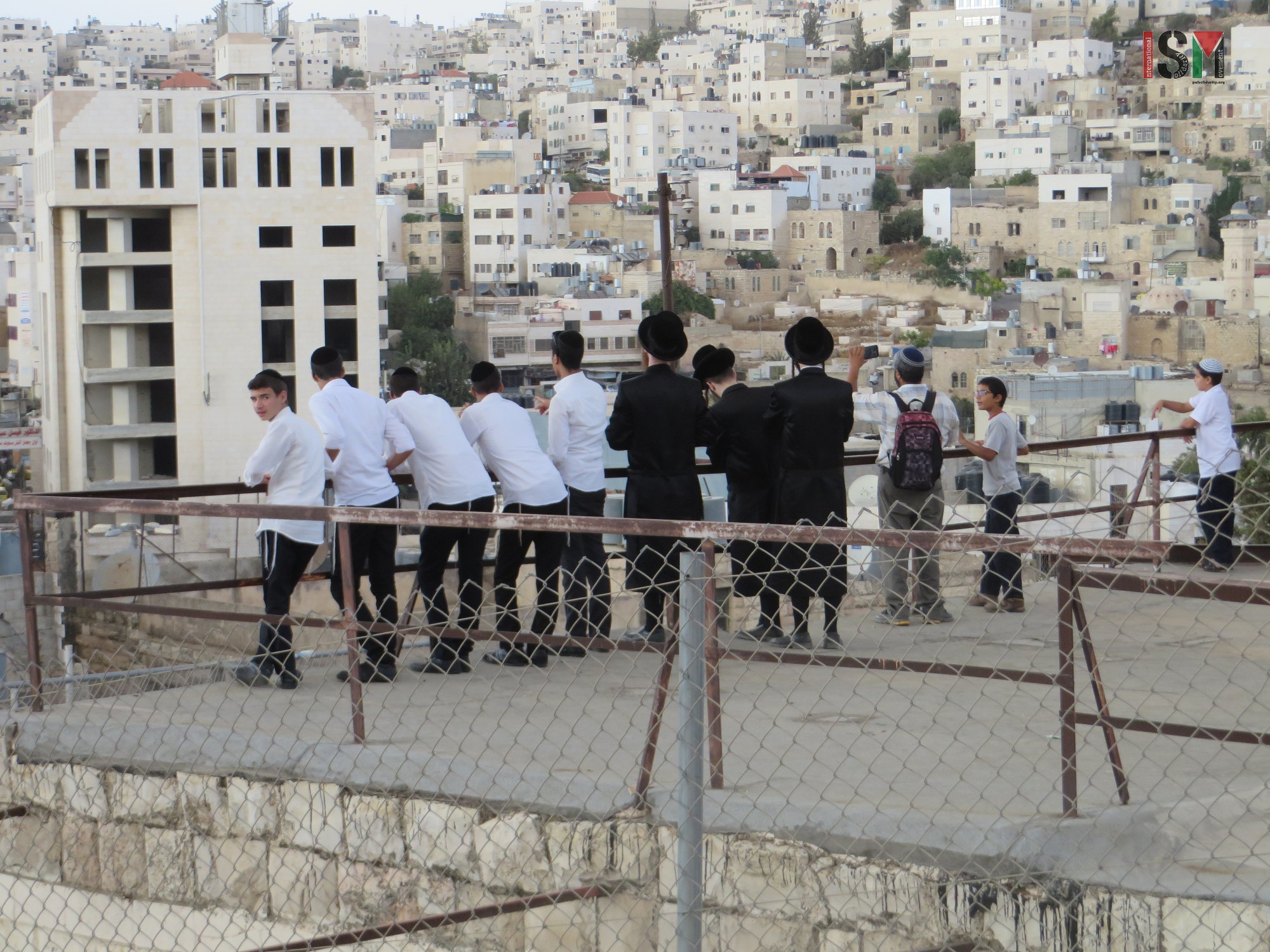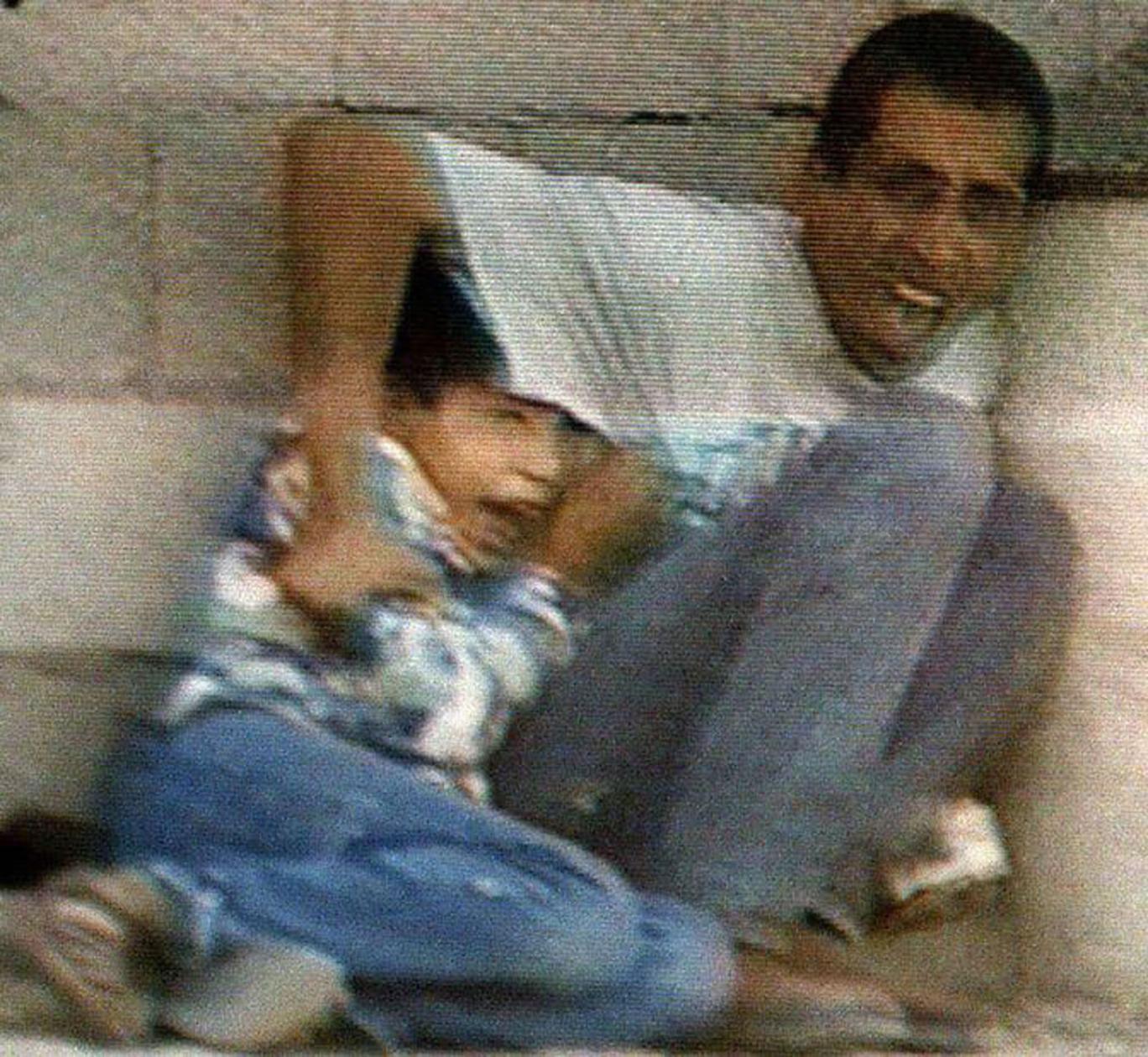Tag: Video
-
Settler violence sharply escalates in Hebron during Sukkot holiday
30th September 2015 | International Solidarity Movement, Al-Khalil team | Hebron, occupied Palestine On the second day of the Jewish Sukkot holiday, hundreds of settlers continued filing into al-Khalil (Hebron) creating mass restrictions and sharp escalations in violence against Palestinians living here. Over a period of two hours dozens of them continuously invaded the roof…
-
The fog of war: remembering Muhammad al-Durrah
30th September 2015 | International Solidarity Movement, Al-Khalil team | Gaza, occupied Palestine Chaos in the streets of Gaza. Israeli forces showered the strip with gunfire while Palestinian medics ran frantically to evacuate those crumpled on the ground with blood rushing from holes in their bodies before racing for cover themselves. Running from the violent,…
-
Senseless violence against Palestinian demonstrators in al-Khalil (Hebron)
29th September 2015 | International Solidarity Movement, Al-Khalil team | Hebron, occupied Palestin Today in occupied al-Khalil (Hebron), Israeli forces ruthlessly attacked a peaceful demonstration. The demonstration was organised against the Israeli forces deadly shooting of 18 year old martyr Hadeel Hashlamoun at a Tel Rumeida checkpoint yawning into segregated Shuhada Street. Israeli forces started…



